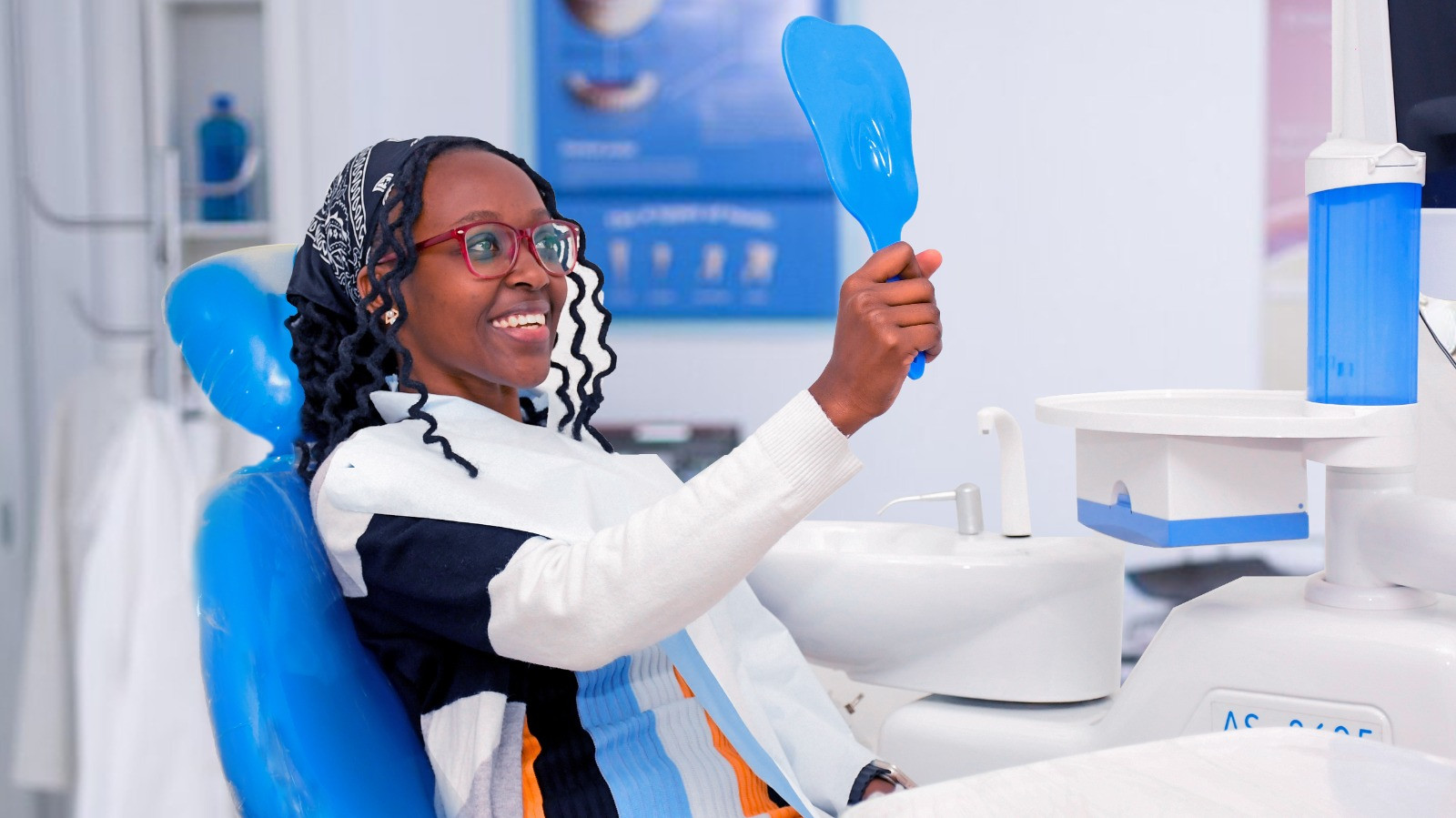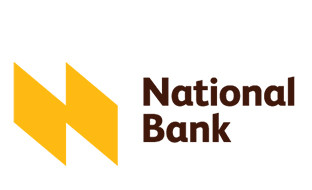
Frequently Asked Questions
Frequently asked questions
-
The general recommendation for dental check-ups is every six months. However, this can vary depending on your oral health needs and any specific concerns you may have. Some individuals may need more frequent visits, especially if they have a history of dental issues or are undergoing certain treatments. It's best to discuss your specific situation with your dentist to determine the most appropriate schedule for your dental check-ups.
-
It's crucial to remember that dental emergencies can vary in severity, so if you're unsure about what to do, it's always best to err on the side of caution and seek professional dental advice as soon as possible.
-
If you're experiencing tooth sensitivity, it's essential to visit us here at Baraka Smiles for an evaluation. We will determine the underlying cause of your sensitivity and recommend appropriate treatment options tailored to your specific needs.
-
It's generally recommended to brush your teeth at least twice a day, ideally in the morning and before bedtime.
-
Both are effective when used correctly. Electric toothbrushes can be beneficial for those with limited dexterity or who struggle to brush thoroughly.
-
You should replace your toothbrush every three to four months, or sooner if the bristles are frayed.
-
Use gentle, circular motions to clean all surfaces of the teeth and gums. Don't forget to brush the tongue.
-
Yes, flossing helps remove food particles and plaque from between teeth and below the gum line where a toothbrush can't reach.
-
Cavities are caused by plaque buildup and bacteria. You can prevent them with good oral hygiene, regular dental visits, and a balanced diet low in sugar.
-
Bleeding gums can be a sign of gum disease or improper brushing/flossing technique. Consult your dentist for advice.
-
Gum disease, or periodontal disease, is an infection of the gums. Treatment can involve deep cleaning, medication, or surgery, depending on severity.
-
Teeth whitening is generally safe when done properly. It is best to visit the dentist for professional whitening procedures.
-
A dental filling is used to repair cavities or tooth damage. You might need one to restore tooth structure and prevent further decay.
-
Crooked teeth can affect oral health by making it harder to clean properly, leading to cavities and gum disease. Orthodontic treatment may be recommended.
-
A root canal is a procedure to remove infected or damaged tissue from inside a tooth. It's necessary when the pulp is infected or damaged.
-
Dental implants are artificial tooth roots that support crowns or dentures. They are used to replace missing teeth.
-
In a dental emergency, such as a knocked-out tooth or severe pain, contact your dentist or an emergency dental service immediately.
-
Dental insurance can be beneficial if it covers routine care, cleanings, and emergencies. Coverage varies, so check your plan details.
-
Bad breath, or halitosis, is often caused by bacteria in the mouth. You can prevent it by brushing and flossing regularly, cleaning your tongue, staying hydrated, and avoiding foods that cause odor. You should as well visit your dentist for a full mouth cleaning.
-
Bruxism is the clenching or grinding of teeth, often during sleep. Treatment options include mouthguards, stress management, and dental adjustments.
-
Wisdom teeth are the third set of molars that often don't have enough space to emerge properly. They are removed when they cause crowding, pain, or other complications.
-
Veneers are thin shells of porcelain or composite material that are bonded to the front of teeth to improve appearance. They are used to correct discoloration, chips, or irregular shapes.
-
Dental bonding involves applying a tooth-colored resin to repair chips, cracks, or gaps in teeth. It's an aesthetic procedure to improve the appearance of teeth.
-
A dental bridge is a restoration that replaces missing teeth using adjacent teeth or dental implants as anchors. It's used to fill gaps and restore function.
-
Encourage good oral hygiene, limit sugary snacks and drinks, and ensure regular dental visits. Sealants and fluoride treatments can also help prevent decay.
-
Dental sealants are thin coatings applied to the chewing surfaces of molars to prevent cavities. They're often used for children to protect against decay.
-
Dental plaque is a sticky film of bacteria that forms on teeth. It can be removed by brushing, flossing, and regular dental cleanings.
-
Fluoride helps strengthen tooth enamel and prevent tooth decay. It is often found in toothpaste, mouthwash, and community water supplies.
-
Dental tartar, or calculus, is hardened plaque that forms on teeth. It requires professional cleaning to remove.
-
Yes, a diet high in sugar and acidic foods can increase the risk of cavities and tooth erosion. A balanced diet with plenty of water can help maintain good oral health.
-
Dental X-rays help detect issues that are not visible during a regular exam. They are generally safe, with low levels of radiation exposure.
-
A dental crown is a cap placed over a tooth to restore its shape and strength. It is often used for broken or weakened teeth.
Insurances we accept
What Happens After I Send My Message?
- Our team will review your information.
- A staff member will contact you as soon as possible.
- We will work with you to schedule your appointment.
Our Contact Information








